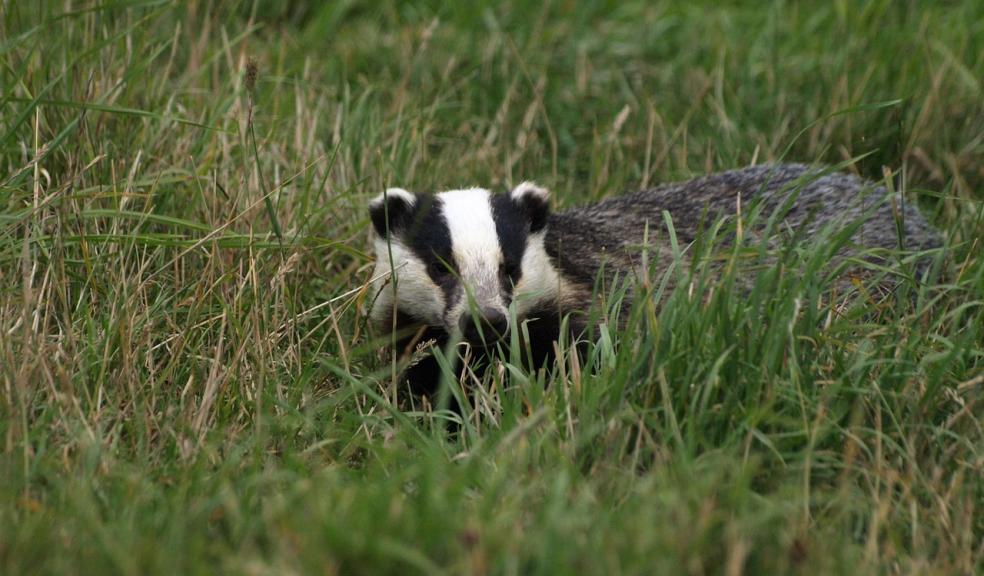
Devon residents needed for autumn wildlife survey
Wildlife charity People's Trust for Endangered Species (PTES) is, for the first time, running its Living with Mammals survey during autumn, from Monday 31st August until Sunday 29th November. This is the second time the survey has taken place this year, following a successful spring survey which proved popular during lockdown.
The survey, which usually only takes place once a year, asks people to record the presence of mammals in their gardens or local green spaces online. PTES saw record breaking numbers of volunteers taking part earlier this year. The charity wants to encourage those with a newfound love for wildlife-watching to join those who submit records every year, and take part again this autumn.
Volunteers across the UK - from Dorset to Denbighshire and from Carmarthenshire to Cambridgeshire – are asked to spend a little time each week looking out for wild mammals (or signs such as footprints or droppings) in gardens, local parks or other green spaces. Volunteers can record their sightings at www.ptes.org/LwM. Comparing the results with those from earlier surveys will enable conservationists to better understand how wild mammal populations nationwide are changing.
David Wembridge, Mammal Surveys Coordinator at PTES, explains: "During the spring over 1,100 people took part in our Living with Mammals survey and over 10,000 mammal records were submitted – the highest on record since the survey began 18 years ago. As we find a 'new normal', we don't want to lose this momentum and we want to keep sight of the connection with nature lockdown afforded us. By taking part again this autumn, we can gain a unique insight into the lives of our wild neighbours, and for the first time, see which species are seen most – and least - between August and November."
The spring 2020 results showed that the top five species most commonly recorded online in urban areas were: hedgehogs, squirrels (grey and red), foxes, bats and badgers.
David adds: "The results don't necessarily mean that mammal numbers are increasing, just that, with more people spotting wildlife, we can get a better picture of how well or otherwise different species are doing, and find out what we can all do to encourage the wildlife on our doorsteps. For many people, that connection to nature, during a difficult time, has been a very valuable and positive thing."
To take part in the 2020 autumn survey (and find out how to identify different mammals, from pine martens to polecats) visit www.ptes.org/LwM. And, if you're on social media, PTES would love to see your mammal photos using #LivingWithMammals.













